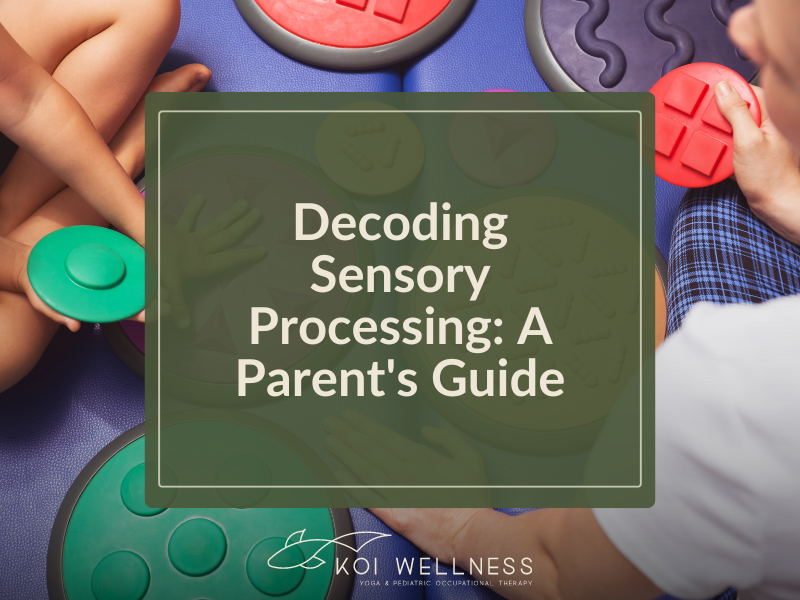As adults, we might take a few deep breaths before a big meeting, when we’re feeling overwhelmed, or to pause before reacting. But for kids, especially those with sensory sensitivities, big feelings, or difficulty focusing, learning how to use their breath can be a game-changer.
Read MoreOur homes play a huge role in how children regulate their emotions and behaviors. For sensory-sensitive kids—whether they’re over-responsive, under-responsive, or sensory-seeking—small environmental shifts can lead to big changes in how safe, calm, and connected they feel.
Read MoreA child may be labeled as spoiled when they frequently act entitled, struggle with boundaries, or have difficulty handling disappointment. This behavior often stems from being overindulged—whether through material items, attention, or inconsistent discipline—and not being held accountable for their actions.
Read MoreSensory processing is essentially how we experience the world around us through our senses. Imagine your body as a complex, highly efficient information gathering and processing center, where the senses are like different channels or streams of data coming in. These channels include sight, hearing, touch, taste, smell, as well as three often less talked about senses.
Read More



